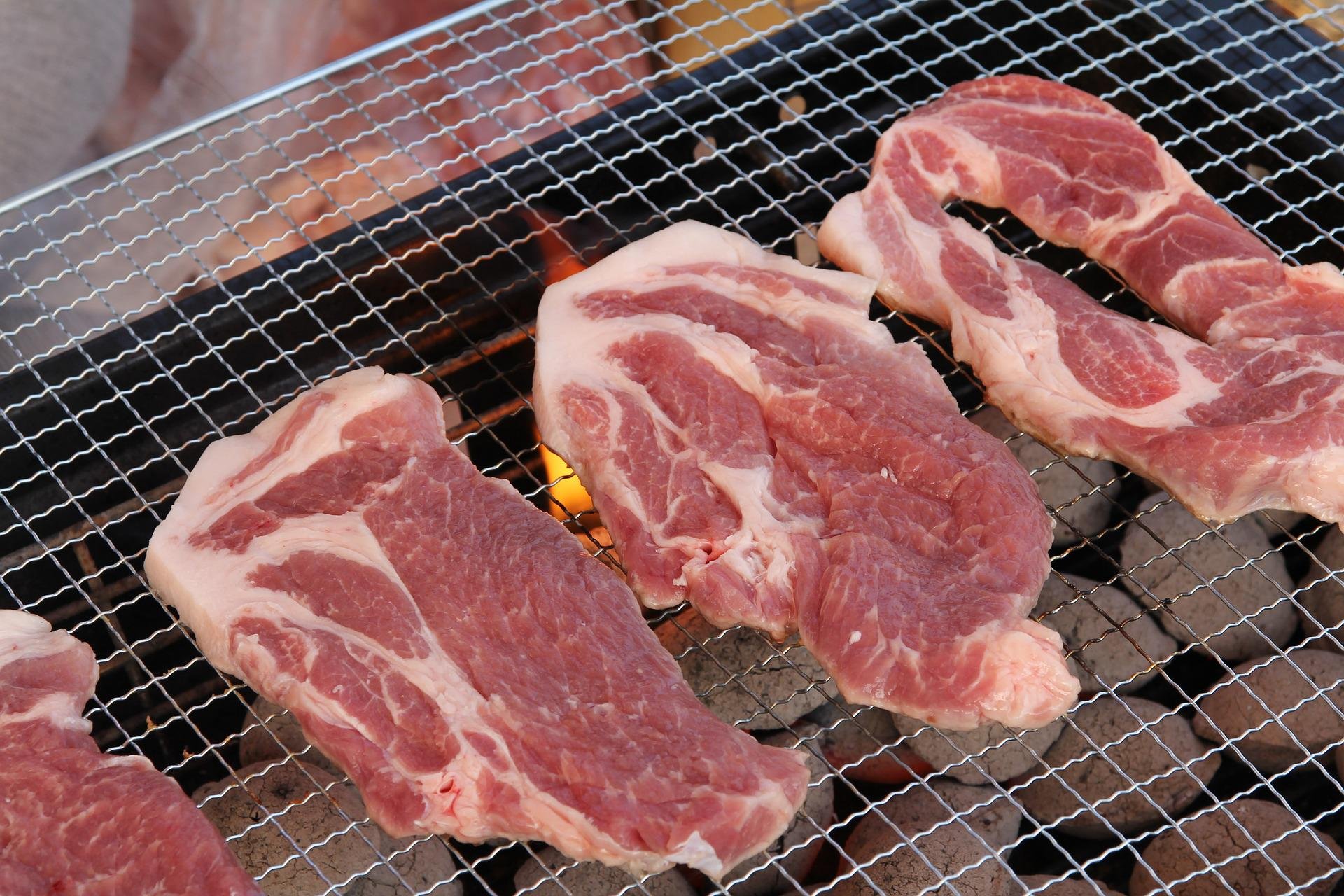
Our Products
Fresh Cut Flowers
From our Fields to Your Vase
We love flowers & gardening and are always excited to grow a wide variety of annual and perennial flowers, to ensure we have a wide range of flowers, colors, textures, and foliage to make our bouquets stand out. We grow common flowers like zinnias, statice, and snapdragons, and uncommon or more difficult to grow flowers such as lisianthus, asters, and foxgloves.
We strive to cut our flowers at the appropriate bloom time and condition them (cool water, cool room) with the best practices in the cut-flower industry, to ensure they last as long as possible in your home. Many of our customers say they get approximately 2 weeks of vase life from their bouquets.
We grow our flowers seasonally; the flowers and blooms we have available will change throughout the seasons. Our flowers are available at the Lewiston Market, as well as on our Farm Stand. This year we provided pre-made wrapped bouquets and started make-your-own bouquets, which were a lot of fun and so we can't wait to expand our selections for next year.
Tips & Tricks to helping make your flowers last even longer:
Treat your vase water with a splash of lemon juice & sugar for an easy homemade flower food.
Change your vase water every day or at the least make sure to check your water every day, to ensure the stems are still submerged in water.
Recut your flower stems with sharp scissors every couple of days so that the stems can keep taking up water and keep your flowers well hydrated.
Remove spent and wilting blooms as needed to keep the rest of your bouquet looking fresh. Some blooms do not last as long as others. For example, dahlias are beautiful but have a much shorter vase life than an aster or lisianthus.
Keep flowers away from direct sun, heat (like a hot car), or blowing air like your fan or AC.
Wash hands after recutting stems as some flowers can exude skin irritating saps.
Wash and disinfect your vase between each bouquet.
Duck Eggs
We raise heritage Appleyards as well as Muscovy ducks. They free range on our farm eating bugs and greens, as well as grains from the local feed store.
Duck eggs are larger and more flavorful. They are an excellent source of protein and nutrients like vitamin D & B. Due to the difference in protein and nutrients versus chicken eggs, some people allergic to chicken eggs can actually eat duck eggs.
Duck eggs have a thicker shell and inner membrane keeping the egg itself fresher for longer. Because duck eggs have more fat and less water compared to a chicken egg, they produce a fluffier cake and other baked goods. The whites are also very thick, making them superior for many dishes.
Lamb
Our local lamb is, in our opinion, the most delicious. It’s milder in flavor than other lamb in part due to the breeds we raise, and also the way in which we raise all our lamb. Our lambs are born on our farm and raised by us in pastures along the shores of Great Lake Ontario (grass and a beautiful view!), from April through the fall. Our lamb is finished on pasture alone. We grain feed our ewes during pregnancy and while the lambs are young to keep our ewes in top shape and to make sure they have the best nutrition as they are growing the lambs and then to also have a very good milk supply once the lambs are born.
Lamb is an excellent source of protein. It’s a leaner meat which has less fat and additional nutrients such as selenium, vitamin B12 & B6, as well as iron. All our Lamb is USDA processed at Sylvesters in Pennsylvania.

















